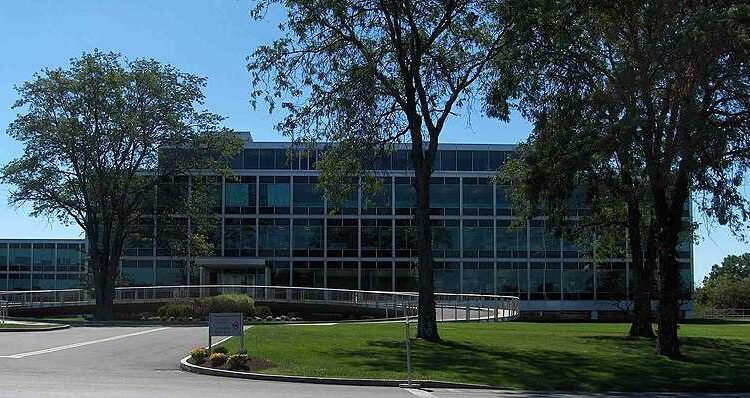Scientists explore the potential of gene editing for interplanetary exploration
- Genome editing could help humans tolerate harsh conditions in deep space
- Crispr-Cas9 and base editing technologies have advanced rapidly
- Potential applications include radiation resistance, slowing aging, and personalized medicine
- Tardigrade genes may be used to increase human resilience to space conditions
- Regulations on genome editing vary among countries
As we consider human settlements on the moon and Mars, genome editing technology may be crucial in overcoming the challenges of deep space. With advancements like Crispr-Cas9 and base editing, scientists are investigating ways to insert genes from plants, bacteria, and even tardigrades into humans and crops for radiation resistance, aging slowdown, and personalized medicine. However, varying restrictions on genome editing across countries may impact the future of space exploration.
Factuality Level: 7
Factuality Justification: The article presents a mix of factual information about genome editing and its potential applications in space exploration, alongside speculative ideas. While it discusses real scientific advancements and opinions from credible figures, it also includes speculative scenarios that may not be universally accepted or proven, which affects its overall factuality.·
Noise Level: 8
Noise Justification: The article provides a thoughtful analysis of the potential applications of genome editing in the context of space exploration, discussing both the scientific advancements and ethical considerations involved. It stays on topic, supports its claims with examples, and explores long-term implications, making it a valuable read.·
Key People: Sam McKee (researcher and associate tutor/lecturer on the philosophy of science faculty at Manchester Metropolitan University), Lord Martin Rees (astronomer royal), Dr. Robert Zubrin (Mars exploration advocate), Donald Goldsmith (co-author of ‘The End of Astronauts’), He Jiankui (scientist)
Financial Relevance: No
Financial Markets Impacted: No
Financial Rating Justification: The article discusses the potential use of genome editing technology to enable humans to tolerate harsh conditions in space, such as radiation exposure and food production for long-term space travel. It mentions some controversies around gene editing but does not directly impact financial markets or companies.
Presence Of Extreme Event: No
Nature Of Extreme Event: No
Impact Rating Of The Extreme Event: No
Extreme Rating Justification: The article discusses the potential of genome editing for space exploration but does not mention any extreme events.·
 www.space.com
www.space.com 





